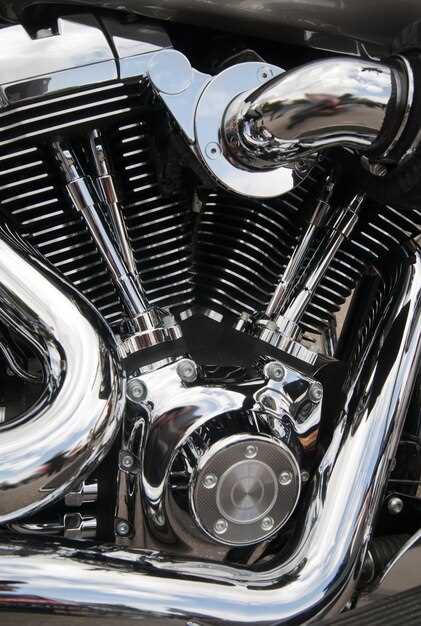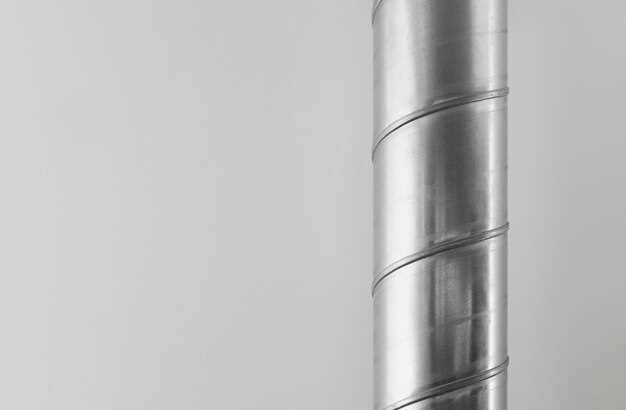
Difference Between Muffler and Resonator
- Arthur Rodriquez
- 0
- Posted on

Mufflers and resonators are two essential components of a vehicle’s exhaust system, each serving distinct but complementary roles in influencing sound and performance. While both are designed to optimize the exhaust flow from the engine, their functionalities are quite different. Understanding these differences can help car enthusiasts and everyday drivers alike make informed decisions regarding their vehicle modifications and maintenance.
A muffler’s primary purpose is to reduce noise created by exhaust gases as they exit the engine. It achieves this by creating a series of chambers or using sound-absorbing materials to muffle the sound waves. On the other hand, a resonator primarily focuses on tuning and refining the sound of the exhaust. By strategically placing resonators in the exhaust system, car manufacturers can create a specific sound profile that enhances the driving experience.
This article delves deeper into the distinctions between mufflers and resonators, examining how each component impacts the overall performance and sound of a vehicle. By grasping these differences, car owners can better appreciate the nuances of their vehicle’s exhaust system, leading to more informed choices when it comes to upgrades or repairs.
How Mufflers Alter Exhaust Sound Levels

Mufflers play a crucial role in modifying the sound produced by a vehicle’s exhaust system. Their primary function is to reduce noise levels, ensuring that vehicles comply with regulations while providing a more pleasant driving experience. The construction and design of a muffler significantly influence the sound characteristics emitted from the exhaust.
Mufflers utilize various internal components such as chambers, baffles, and perforated tubes to manage sound waves generated by the engine. By absorbing and reflecting these sound waves, mufflers can dampen the overall noise output. The choice of materials also affects sound quality; for instance, sound-deadening materials can further minimize undesirable frequencies.
The design type of a muffler, whether it’s a chambered, turbo, or straight-through model, also dictates sound levels. Chambered mufflers tend to produce a deeper tone, while straight-through styles may yield a louder and more aggressive sound. Additionally, some performance-focused mufflers are engineered to enhance engine sound, providing a sportier auditory experience.
The size and shape of a muffler can alter exhaust flow and, consequently, sound levels. A larger muffler may offer better sound dampening, whereas a more compact design could lead to increased noise levels. It’s essential to consider the intended use of the vehicle when selecting a muffler, as the desired sound profile can significantly vary between daily drivers and performance cars.
In summary, mufflers are essential components that influence the exhaust sound levels of a vehicle. By adjusting internal designs, materials, and sizes, manufacturers can create mufflers tailored to specific sound characteristics, catering to diverse driver preferences and regulatory requirements.
The Role of Resonators in Tuning Vehicle Audio

Resonators play a crucial role in enhancing the acoustic characteristics of a vehicle’s exhaust system. These components are designed to modify the sound produced by the engine, allowing for a more pleasant auditory experience both inside and outside the vehicle.
Unlike mufflers, which primarily focus on reducing overall noise levels, resonators fine-tune specific sound frequencies. This adjustment helps to eliminate undesirable tones, creating a more harmonious sound profile. The key functions of resonators include:
- Frequency Modification: Resonators are engineered to target specific frequencies, effectively amplifying or suppressing certain sounds. This process enhances the engine’s natural sound, making it more enjoyable for the driver and passengers.
- Sound Quality Improvement: By enhancing desirable frequencies and reducing unpleasant noise, resonators contribute significantly to the overall sound quality of the exhaust system. This leads to a more refined auditory experience.
- Engine Performance Feedback: Certain resonators can be designed to provide feedback about engine performance. This feature allows drivers to hear the engine’s working conditions, facilitating a more engaged driving experience.
Furthermore, the placement and design of the resonator affect the outcome of sound modulation. Factors such as size, shape, and material can all alter how sound waves travel through the exhaust system, impacting the final audio output.
In summary, resonators are essential in tuning vehicle audio by refining sound quality and modifying frequencies. Their presence in an exhaust system ensures that drivers not only enjoy a quieter ride but also a more pleasant auditory experience, making every journey more enjoyable.
Choosing Between Mufflers and Resonators for Your Vehicle
When it comes to enhancing your vehicle’s exhaust system, understanding the roles of a muffler and a resonator is essential. Both components serve distinct purposes that influence the sound, performance, and overall driving experience.
A muffler primarily focuses on reducing noise. It is designed to absorb sound waves produced by the engine, allowing for a quieter ride. If your main concern is minimizing engine noise and ensuring a more comfortable cabin experience, selecting the right muffler is crucial. There are various types of mufflers available, each offering different sound profiles, from aggressive to mellow, depending on your preference.
On the other hand, a resonator is used to fine-tune the sound of your exhaust system rather than reduce it drastically. It works by eliminating certain frequencies that may produce a drone or undesirable noise, which can be particularly bothersome during highway driving. If you desire a specific exhaust note or wish to enhance the acoustics of your vehicle without increasing overall noise levels, a resonator may be your best option.
In deciding between a muffler and a resonator, consider your primary goal. If you want to significantly cut down on noise, prioritize a muffler. Conversely, if you are looking to optimize sound quality without excessive noise, a resonator would be more suitable. Additionally, you can use both components together to achieve a balanced sound that meets your expectations.
Ultimately, your choice should align with your driving style and personal preferences. Evaluating the specific sound characteristics and noise levels you desire will help guide you towards making the best decision for your vehicle’s exhaust system.